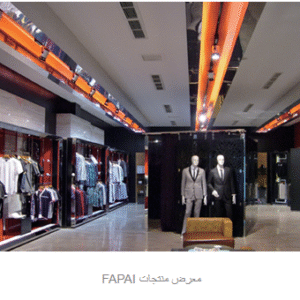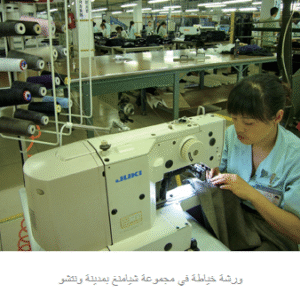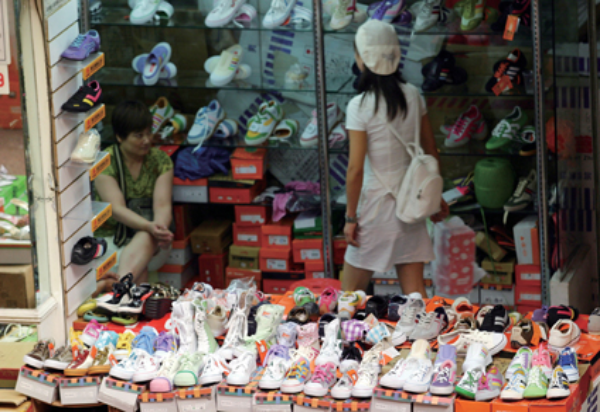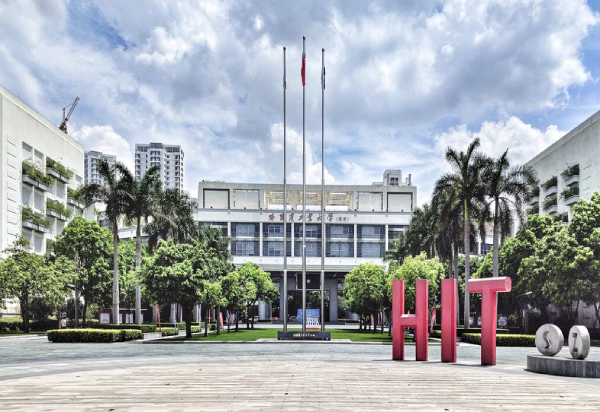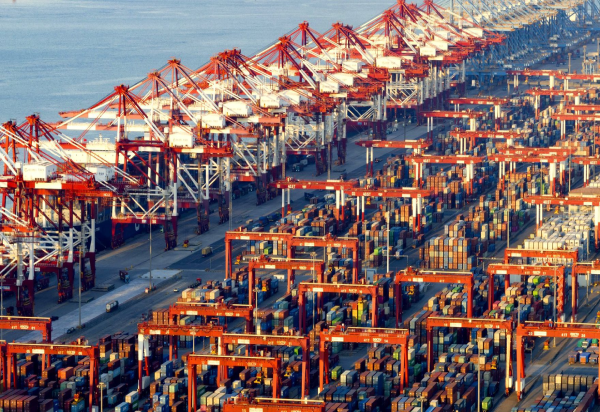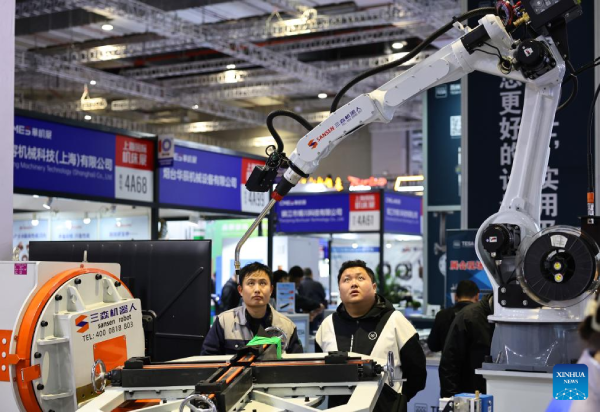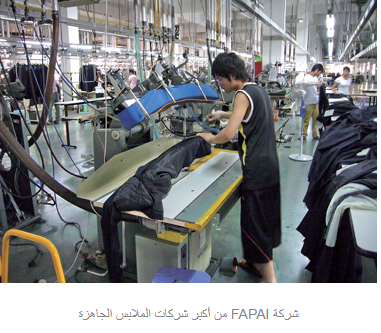
Like many other journalists who traveled to Wenzhou, my mission was to investigate the impact of the global financial crisis on small and medium-sized enterprises in the city. Yet, what caught my attention most was the prevailing spirit of optimism and the deep-rooted self-confidence of the locals.
Everyone in Wenzhou — from private business figures and the city’s chamber of commerce to local government officials — expressed a positive stance regarding the crisis. Zheng Chen’ai, head of the Garment Chamber of Commerce in Wenzhou, noted that the financial crisis prompted the government to support small and medium-sized enterprises by increasing tax rebates and facilitating loans, thus creating opportunities for these businesses to regain their vitality. Fan Zhongguo, Secretary-General of the Board at Quartz Crystal Optoelectronics Technology Co., Ltd., added that the crisis led to a drop in asset prices, thereby opening doors for companies to enter new markets. Indeed, the people of Wenzhou are known for seizing opportunities. They believe that success lies in boldness — a quality they possess in abundance.
In his essay “Wenzhou People in Europe,” renowned Chinese writer and native of Wenzhou, Ye Yonglie, tells the story of a merchant from Wenzhou who shipped a load of crabs — a local seafood delicacy — to the Netherlands. When Dutch port authorities denied entry to the ship, the man had no choice but to dump the shipment into the sea. Remarkably, the crabs swam ashore, settled in the Netherlands, and reproduced. Over time, the Chinese crab spread across the globe. In this tale, the crab is seen as a symbol of the Wenzhou people.
Another story from the 1980s tells of an illiterate elderly woman from Wenzhou who was astonished by the wealth her neighbor made trading rabbit fur. Carrying two slips of paper — one that read “I am from Pingyang County in Wenzhou. Please help me buy a train ticket,” and another that read “I want to buy rabbit fur. How much do you sell it for?” — she set out across half of China. Eventually, her bank balance reached tens of thousands of yuan, at a time when the average annual income in China was only a few hundred yuan.
Wenzhou is full of such stories. Though diverse in detail, they all highlight one trait: the ability of Wenzhou people — often referred to as the “Wenzhou Clan” — to spot and seize life-changing opportunities.
Qiu Jibao, founder of the Feiyue Group and known as the “King of Sewing Machines,” started his journey with a small amount of capital saved from his job repairing shoes. Fifteen years later, Feiyue had grown into a massive private multinational enterprise worth billions of yuan.
Wenzhou merchants are known for their ingenuity, bold decision-making, and strong sense of solidarity.
When the storm of the financial crisis hit China’s coastal exporters, companies in Wenzhou moved quickly to find a way out. They launched the “Famous Wenzhou Brands Store” in the Maigo Shopping Center in Tianjin, showcasing more than 20 brands such as FAPAI, DEENER, SOFANI, LINZHONGNIAO, JDON, and other well-known local names in garments and footwear. More brands are expected to join in the future, as part of a broader initiative to expand into 100 large and medium-sized cities across China.
In Wenzhou, news of a business opportunity spreads like wildfire — from house to house and village to village — thanks to the spirit of love and mutual support among its people. Today, 30 companies in Wenzhou’s villages and towns hold the “Golden Card” — an honorary title granted by Chinese authorities to outstanding enterprises. These include accolades such as “China’s Capital of Shoes,” “China’s Capital of Locks,” and “China’s Capital of Leather Products,” among 33 national-level industrial bases. The streets of Wenzhou are filled with billboards reflecting the energy and dynamism of its small and medium-sized private sector. It’s not uncommon to find two neighboring houses that compete against each other in the same market.
The people of Wenzhou face the financial crisis with courage. They do not seek our sympathy or pity, for they possess the intelligence, insight, and vision to find their own way forward. As I departed from Wenzhou and its people, one realization stayed with me:
The world does not lack wealth — it lacks eyes that know how to find it.
